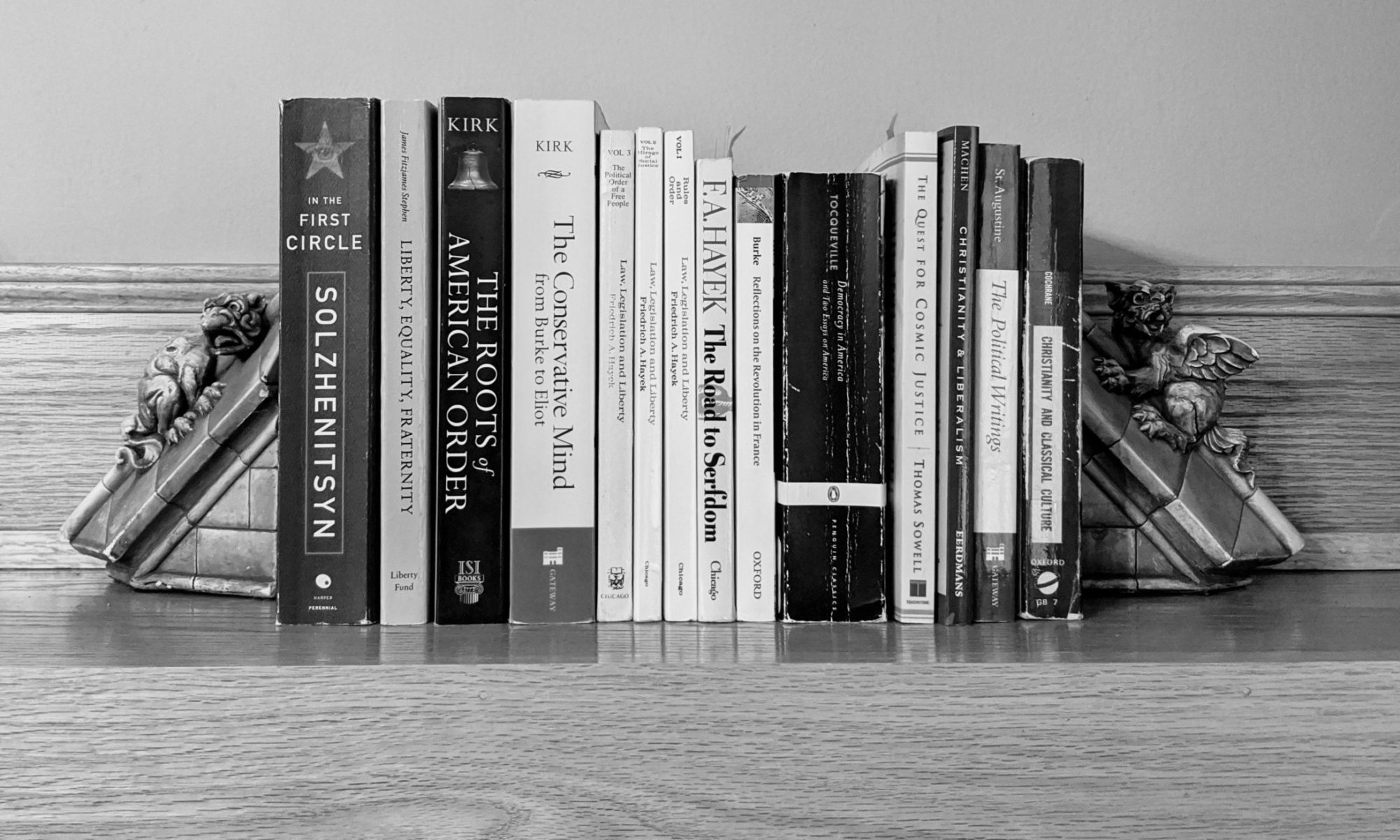Thanksgiving Day, an American tradition, is becoming problematic for Millennials and Gen Z. Many of them are taught that Thanksgiving is a celebration of imperialism, oppression, racism, exploitation, and genocide of indigenous people. According to Professor Robert Jenson of the University of Texas at Austi:
“Thanksgiving should be replaced by a national day of atonement as an indication of moral progress in the United States”. In some universities, students are taught how to decolonize Thanksgiving during the Thanksgiving Holiday.
https://www.thecollegefix.com/universities-teach-students-how-to-decolonize-their-thanksgiving/
The objection to Thanksgiving is based on the belief that it celebrates Western imperialism and gives justification to racism and material exploitation of the non-Western world by the rich Western countries. George Washington University history professor David Silverman in his book This Land Is Their Land: The Wampanoag Indians, Plymouth Colony, and the Troubled History of Thanksgiving explains the reasoning behind treating Thanksgiving as a day of mourning. He said ,“The National Day of Mourning calls attention to the fact that white America’s triumphs have been borne on native peoples’ backs.” This is the prevalent view among many contemporary historians, some of whom have published history textbooks used widely in high schools and universities.
Is it true that Thanksgiving Day celebrates white America’s triumphs? I am not a historian, but a quick Google search tells me something different. Three events are associated with the institution of Thanksgiving Day. The 1621 Harvest Festival, when pilgrims and native Americans gathered together to celebrate a successful harvest, is certainly the most widely known event associated with Thanksgiving. However, it was President George Washington who marked the first national Thanksgiving Day when he issued the Thanksgiving Proclamation to the Governors of the States, calling for the “institution of a national day of prayer and thanksgiving”.
https://www.mountvernon.org/library/digitalhistory/digital-encyclopedia/article/thanksgiving/
Subsequent presidents failed to maintain this tradition. It was not until President Abraham Lincoln issued his 1863 Thanksgiving Proclamation that Thanksgiving was set as the last Thursday of November. (FDR moved it to the third Thursday of November in 1939)
http://www.abrahamlinconline.org/lincoln/speeches/thanks.htm
Each of these events came on the heels of much human suffering. Out of the 102 passengers on board the Mayflower, only 53 survived due to the harsh journey and cold winter of New England. So the first event was more about survival than triumph. Like many harvest festivals, it was an occasion to thank God for his providence.
Washington’s Thanksgiving Proclamation was issued 6 years after the conclusion of the Revolutionary War. Throughout the course of the war an estimated 6,800 Americans were killed in action, 6,100 wounded, and upwards of 20,000 were taken prisoner. Historians believe that at least an additional 17,000 deaths were the result of disease. The motivation behind the Proclamation was to give people an opportunity to “ acknowledge with grateful hearts the many signal favors of Almighty God especially by affording them an opportunity peaceably to establish a form of government for their safety and happiness.”
Lincoln’s Thanksgiving Proclamation was issued 3 months after the Battle of Gettysburg, which was the bloodiest battle of the Civil War with 51,000 casualties during the 3-day battle. The Battle was also the turning point of the War. Robert Lee’s plan to invade the North and force an immediate end to the war failed. No major Confederate invasions into the North would be mounted after that point. The Proclamation was to remind the American people “the gracious gifts of the Most High God in the midst of a civil war of unequalled magnitude and severity” and to supplicate God for peace, healing and unity.
This is the history of Thanksgiving Day. It is about giving thanks to God for his mercy, providence, blessings and protection to the people of the United States of America. The tradition of Thanksgiving Day is a way to instill the virtue of humility and gratitude in the hearts of people. President Washington and President Lincoln called on Americans to exercise humility by acknowledging there is a higher authority. C.S. Lewis says in his Screwtape Letters, ”By this virtue[humility], as by all others, God wants to turn our attention away from self, to him and to neighbors.” The virtue of gratitude, according to Cicero, is the parent of all other virtues. In Pro Planico, Cicero cites the specific virtues arising from the positive feeling of gratitude: showing affection for one’s parents, reverence, appreciation of friends, acts of kindness, and so forth. Humans are not born with virtues; they must be trained and civilized. In The Abolition of Man, CS Lewis says, “Without the aid of trained emotions the intellect is powerless against the animal organism”.
Another crucial factor to a civilized social order is unity. From the Boomers to Gen Z, we have four generations of people who have experienced relatively peaceful conditions. Many assume that peace and harmony is the default. However, strifles and wars have been the norm throughout human history. Social practices like Thanksgiving Day that cultivate common experience serve to advance peace and order.
Yes, Thanksgiving is about turkey and green bean casserole and mouth watering pies, but it is more than that. It brings families, friends and even strangers together. It reminds us to be humble and grateful even though we are prideful and ungrateful by nature. It is an invaluable inheritance and it is our duty to defend and pass it down to the posterity.
Tradition remains alive only when we struggle with it.
Edmund Burke
